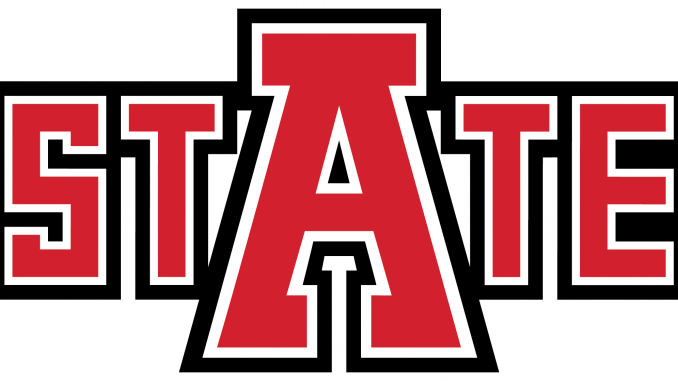
St. John’s Students are welcomed and encouraged to submit materials for the following edited collection by OCTOBER 15, 2017. Please read the following:
Editors: Courtney Adams Wooten, Jacob Babb, Kristi Murray Costello, Kate NavickasAffect and emotion have long been staples of WPA scholarship, field stories, and lore. In fact, Diana George’s iconic collection, Kitchen Cooks, Plate Twirlers & Troubadours: Writing Program Administrators Tell Their Stories, includes several chapters dedicated to the emotional labor of WPAs, such as Mary Pinard’s “Surviving the Honeymoon: Bliss and Anxiety in a WPA’s First Year or Appreciating the Plate Twirler’s Art,” in which she discusses the isolation and pressure of a do-it-yourself approach, and Doug Hesse’s “The WPA as Father, Husband, Ex,” in which he discusses the roots and implications of his perpetual feeling of provisional access and his need to be a prover and a provider, all rooted in his working class background (47). There are also other texts published in our journals, like Charles Schuster’s “Confessions of an Associate Dean” in which he names the feelings of loss and sadness that come with administrative advances.More recently, there have also been some notable advances in scholarship pertaining to the relationship between work and emotion from scholars like Laura Micciche, Sara Ahmed, Brian Massumi, Eve Kosofsky Sedgwick and Adam Frank, Nicole Caswell, Kelly Ritter, Elizabeth Saur and Jason Palmeri, Laura J. Davies, and others. So much so that, in a recent review essay, Erin Rand has described a contemporary “affective turn” in academic discourse (161). In summer 2016, Composition Forum, offered a special issue on emotion in which Laura Micciche advocated that we as a field need to “stay with emotion.” The rich history of WPA stories provides emotional connection and helps us understand how our individual struggles connect to larger disciplinary and institutional issues, while this recent strain of scholarship has begun to explore how emotions work and relate to different institutional contexts. However, we are just beginning to theorize emotional labor as a part of WPA work and few of these pieces provide explicit strategies for negotiating emotional labor as WPAs.
To this end, this collection seeks chapters that share innovative and replicable strategies for understanding, acknowledging, and negotiating emotional labor in WPA work. Lines of inquiry might include, but are not limited to:
We hope to represent a variety of voices from WPAs. To that end, we invite contributions from different types of institutions (public and private institutions, regional institutions, community colleges, HBCUs, SLACs, etc.) and from different types of WPA positions (FYW programs, WAC/WID programs, writing centers, etc.). Respondents should send abstracts of no more than 500 words describing the specific aim, methods, and conclusions of their project. Proposals should be sent to emotionallaborwpa@gmail.comby October 15. The editorial team will send conditional acceptances by December 15, 2017, and complete chapter drafts will be due on April 15, 2018.

Leave a Reply